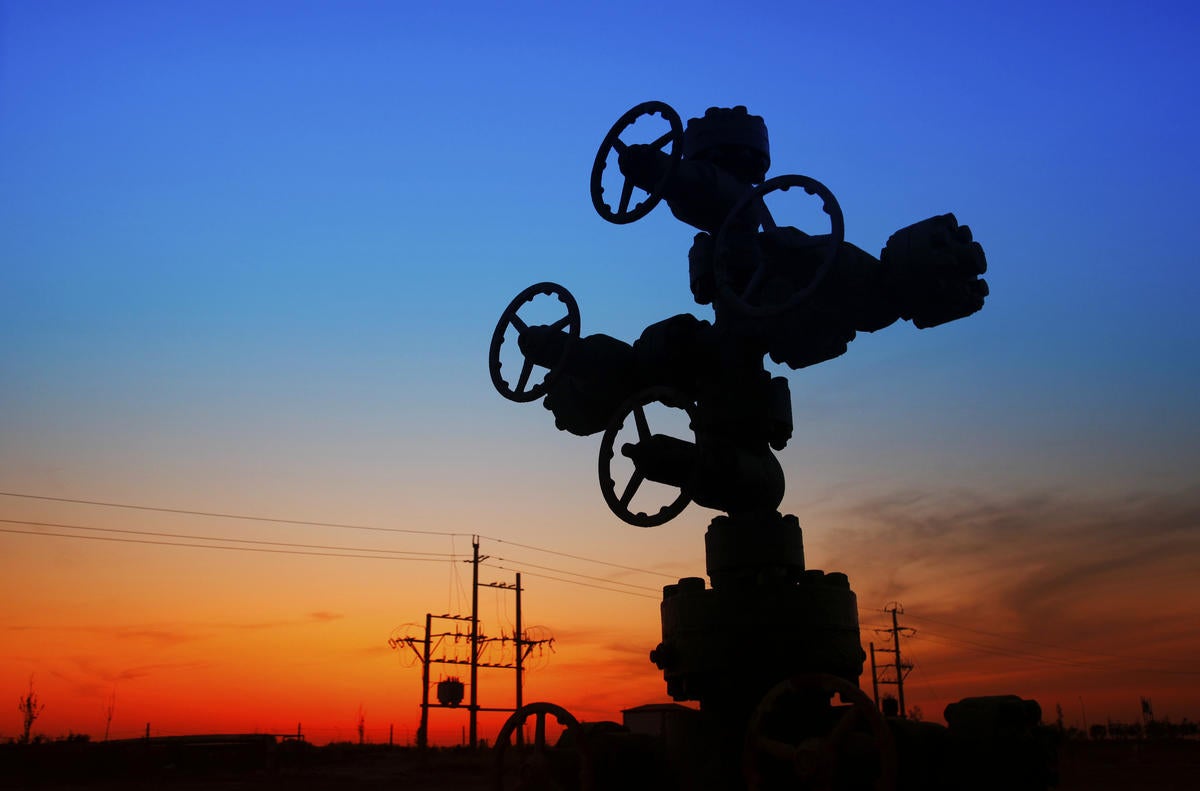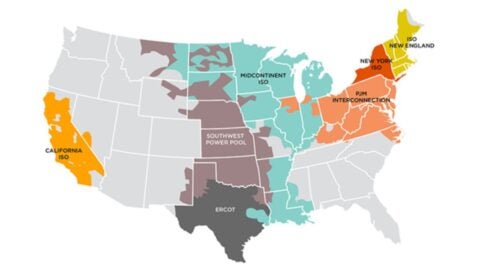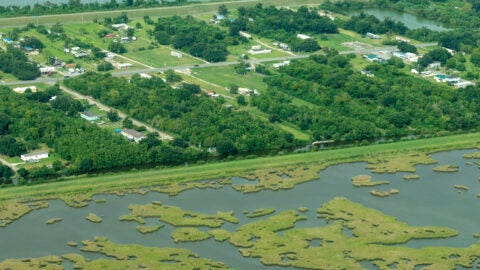The ambition-raising opportunity of reducing methane emissions
This blog was authored by Alice Alpert, Senior Climate Scientist at EDF.

Meaningful methane emission reductions are not only possible—such efforts can potentially have a massive impact on warming.
Readily available methods to reduce methane can deliver a whopping 0.25°C of avoided temperature rise by 2050. This year the Intergovernmental Panel on Climate Change (IPCC) stated that reductions of methane emissions would also lower peak warming and reduce the likelihood of overshooting the warming levels described in the Paris Agreement. In pathways limiting warming to 1.5°C, methane is reduced by around 33% in 2030 and 50% in 2050. But not all countries define methane targets or even include methane in their Nationally Determined Commitments (NDCs).
The Global Stocktake process, also called the Paris Agreement’s ambition “ratchet,” allows countries to assess collective progress toward the Paris Agreement’s long-term goals on mitigation, adaptation, and finance. A successful stocktake will help countries implement their existing climate commitments and provide the impetus and information necessary for them to raise the ambition of their next NDCs. EDF is collaborating on an extensive project with C2ES to help shape the Global Stocktake process by highlighting opportunities to scale up climate ambition.
As work in the Global Stocktake continues toward its conclusion at next year’s COP28, it’s important for all NDCs to include methane-specific targets, and policies and strategies to achieve those targets.
Low hanging fruit
Fortunately, Parties can commit now to readily available, low-cost strategies to reduce methane emissions. The oil and gas sector offers the largest share of low-cost reduction opportunities. In fact, the IPCC’s Working Group III report (2022) found that 50-80% of oil and gas sector methane globally could be abated at less than $50/tonCO2e using existing technology. And current high gas prices make the cost of that mitigation even lower.
Both producing and importing countries can utilize a number of policy instruments for reducing methane emissions from the oil and gas sector. EDF strongly encourages countries to consider these policy options as good practices, lessons learned and success stories, and to include them in NDC targets.
Their efforts will be supported by those who are committed to methane action. Countries that joined the Global Methane Pledge, the Global Methane Hub, the Climate and Clean Air Coalition (CCAC) and the Global Methane Initiative (GMI) stand ready to support in designing and implementing policies to reduce methane emissions in the oil and gas sector as well as others in the waste and agriculture sectors.
Better data means more action
As countries reduce methane emissions, it will be critical to gain a more accurate understanding of where those emissions are coming from as this has clear implications for where to focus mitigation efforts.
Existing methods can underestimate methane emissions from the oil and gas supply chain. In fact, recent research has shown that in some cases, initial assumptions without measurement-based data would point to the wrong methane sources to target for emission reductions. Similarly, some observations have shown that traditional inventory methods have both over-and under-estimated emissions.
For example, recent studies (1, 2) based on multi-scale measurements showed that 50% of oil and gas methane emissions in Mexico were concentrated on a single onshore basin—whereas previously available inventories would have pointed at the offshore production region as the key abatement option.
With more accurate emissions data informed by atmospheric measurements, countries can better track their mitigation actions and take credit for their own progress. For the past decade, EDF has pioneered these techniques through the coordination of a set of methane science studies—the effort to deliver policy-relevant methane emissions data will continue with the upcoming launch of MethaneSAT.
And with such improved information the GST process can, in a virtuous cycle, more accurately assess collective progress and identify opportunities for action.
Note: EDF and C2ES discussed this and other mitigation opportunities during their New York Climate Week event “The Paris Agreement’s ‘Report Card’: How the Global Stocktake Can Raise Global Ambition.” View the recording here.
Further Reading
EDF Submissions to the Global Stocktake:












